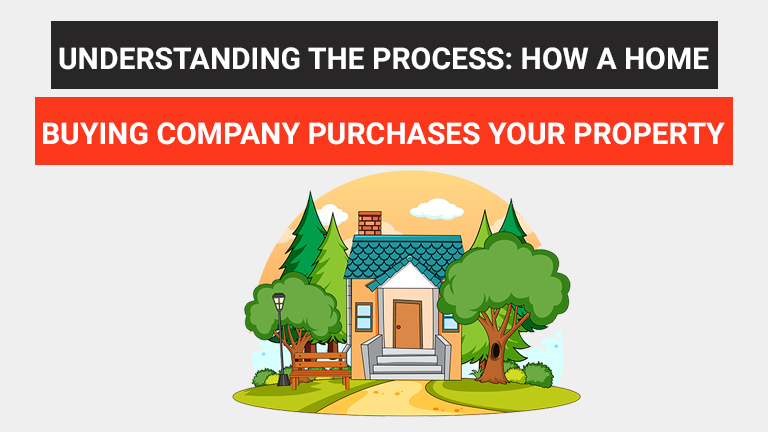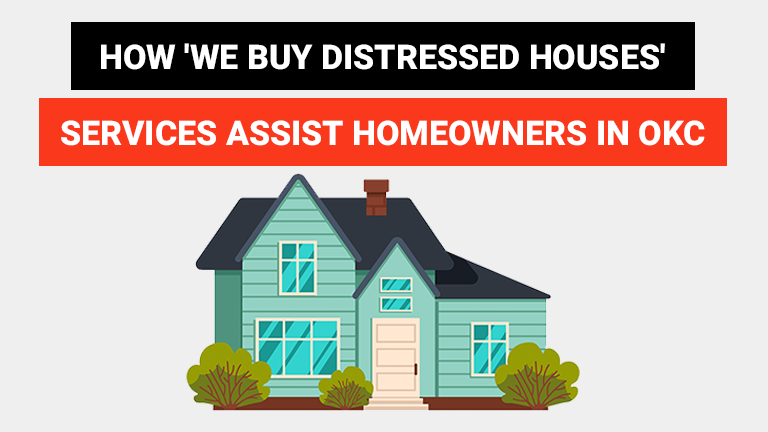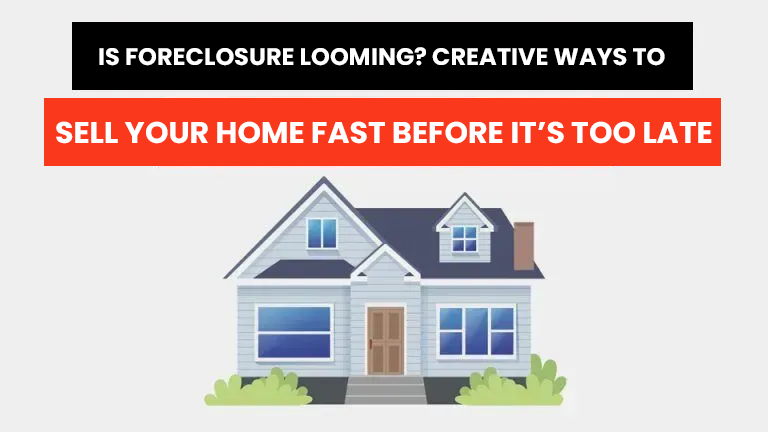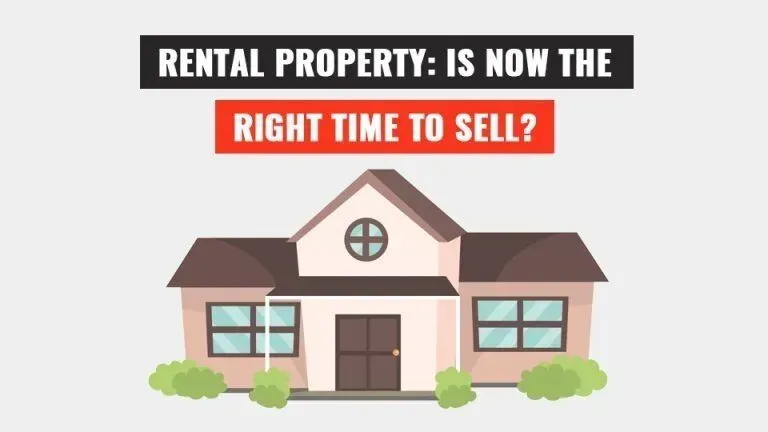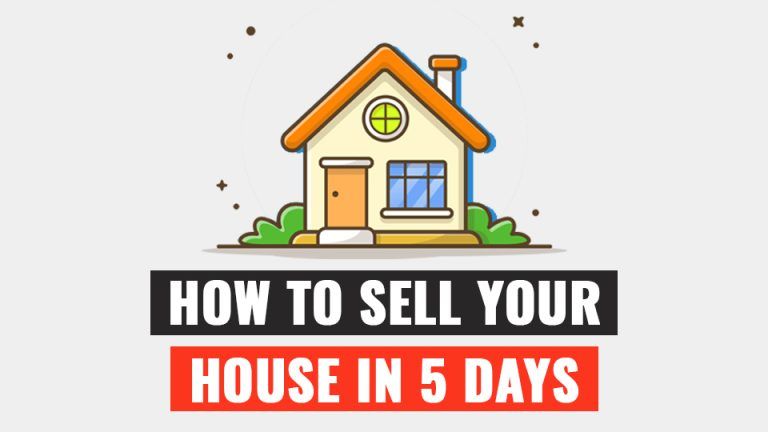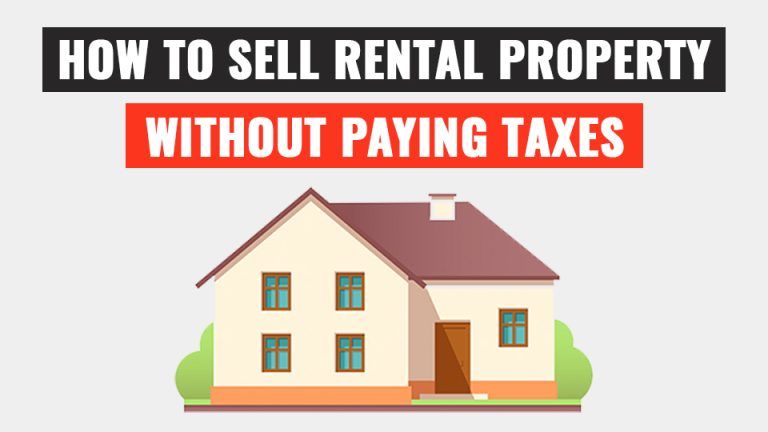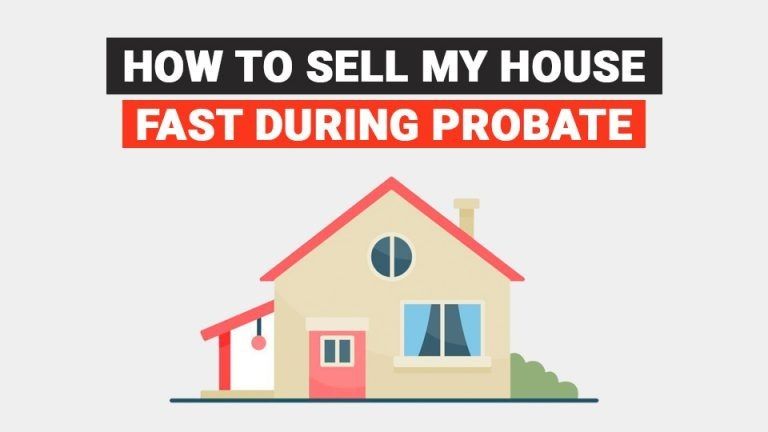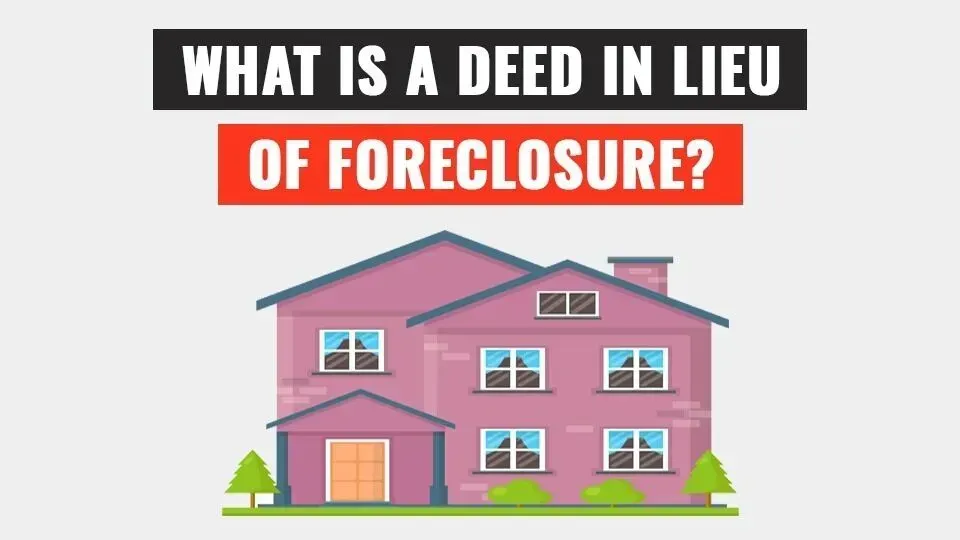
What Is a Deed in Lieu of Foreclosure?
As a homeowner, you may have heard the term "foreclosure" and the negative impact it can have on your life.
Foreclosure is a legal process that occurs when a homeowner fails to make their mortgage payments, resulting in the lender taking possession of the property. However, there is an alternative to foreclosure known as a deed in lieu of foreclosure. You can also sell your house to avoid foreclosure. Read more to learn how.
How Does Foreclosure Work?
The foreclosure process involves several stages, each with its own implications for homeowners and lenders.
- Notice of Default: When a homeowner misses multiple mortgage payments, the lender issues a Notice of Default, informing them of their intention to start foreclosure proceedings.
- Pre-Foreclosure Period:
During this time, the homeowner has an opportunity to resolve the default by paying the outstanding balance or negotiating with the lender.
- Auction or Sale: If the default remains unresolved, the lender schedules an auction or sale of the property to recover their investment.
- Eviction: If the property is sold at auction, the new owner can initiate eviction proceedings to remove the homeowner from the premises.
Each step in the foreclosure process brings with it added stress and financial implications. Now, let's explore some common circumstances that can lead to foreclosure.
Common Circumstances That Lead to Foreclosure
Job Loss
One of the most significant factors that can lead to foreclosure is the loss of a job. When you lose your source of income, it becomes challenging to make your monthly mortgage payments. Without a steady paycheck, you may find it difficult to keep up with your financial obligations, including your home loan.
Financial Hardship
Financial hardship can arise from various situations, such as a medical emergency, divorce, or a significant reduction in income. When faced with overwhelming financial burdens, it becomes increasingly challenging to meet your mortgage obligations, putting you at risk of foreclosure.
The Mortgage Is Upside Down
Being "upside down" on your mortgage means that you owe more on the mortgage than the current value of your home. This situation often occurs when property values decline, leaving homeowners with a loan balance that surpasses their home's worth. If you find yourself in this situation, it can be challenging to sell the property, making foreclosure a potential outcome.
Late Mortgage Payments
Falling behind on your mortgage payments can quickly escalate into foreclosure if left unaddressed. Late payments can result from financial mismanagement, unexpected expenses, or simply struggling to make ends meet. Regardless of the reason, it's crucial to address late payments promptly to avoid foreclosure.
Adjustable-Rate Mortgages (ARMs)
Adjustable-Rate Mortgages (ARMs) often start with lower interest rates that increase over time. If your monthly mortgage payments become unaffordable due to rising interest rates, you may find it difficult to keep up with the payments. This situation can eventually lead to foreclosure if not addressed.
How Does Foreclosure Affect
Homeowners and Lenders?
Foreclosure has significant consequences for both homeowners and lenders.
- Homeowners: For homeowners, foreclosure can result in the loss of their home, damage to their credit score, and potential liens or judgments against them. The impact on credit scores can make it challenging to secure future loans and may result in higher interest rates.
- Lenders: For lenders, foreclosure can be a lengthy and costly process. It involves legal fees, auction expenses, and the potential for a lengthy eviction process. Lenders may also face challenges selling foreclosed properties in a timely manner, leading to additional financial burdens.
Given these implications, both homeowners and lenders may consider a deed in lieu of foreclosure as a mutually beneficial solution.
What Is a Deed in Lieu of Foreclosure?
A deed in lieu of foreclosure is a legal process where a homeowner voluntarily transfers ownership of their property to the lender to satisfy their mortgage debt. In exchange, the lender agrees to release the homeowner from any further obligation to repay the loan. This alternative allows homeowners to avoid the full foreclosure process and its associated consequences.
To initiate a deed in lieu of foreclosure, homeowners must contact their mortgage lender and express their willingness to surrender the property in exchange for debt relief. The lender will evaluate the homeowner's financial situation, the property's value, and other relevant factors to determine whether they will accept a deed in lieu.
If the lender agrees to a deed in lieu of foreclosure, the homeowner must sign a deed transferring ownership of the property to the lender. The deed is then recorded, and the foreclosure proceeding is halted. While a deed in lieu can provide relief to homeowners, it's essential to understand the benefits and drawbacks before pursuing this option.
What Are the Benefits of a Deed in Lieu of Foreclosure?
- Avoid Foreclosure: A deed in lieu of foreclosure allows homeowners to avoid the lengthy and emotionally draining foreclosure process.
- Protect Your Credit Score: While a deed in lieu will still appear on your credit report, it is generally less damaging than a full foreclosure and may allow you to recover financially more quickly.
- Resolve Mortgage Debt: By surrendering the property, homeowners can satisfy their mortgage debt and eliminate the financial burden associated with the loan.
- Relocation Assistance: Some lenders may offer relocation assistance to homeowners who choose a deed in lieu of foreclosure, helping ease the transition to a new living situation.
What Are the Drawbacks of a Deed in Lieu of Foreclosure?
- Impact on Credit Score: While a deed in lieu is generally less damaging than foreclosure, it will still have a negative impact on your credit score. It will stay on your credit report for seven years, potentially affecting your ability to secure future loans or obtain favorable interest rates.
- Tax Implications: Depending on your situation, the cancellation of debt resulting from a deed in lieu may be considered taxable income. Consult with a tax professional to understand the potential tax implications.
- Potential Deficiency Judgment: In some cases, if the property's value does not satisfy the entire mortgage debt, the lender may pursue a deficiency judgment, holding the homeowner responsible for the remaining amount. However, many lenders agree to waive deficiency judgments as part of the deed in lieu process.
- Lender's Obligation to Accept: It's important to note that lenders are not obligated to accept a deed in lieu of foreclosure. They will evaluate the homeowner's financial situation, the property's value, and other factors before making a decision.
How to Negotiate a Deed in Lieu
Negotiating a deed in lieu of foreclosure requires effective communication and documentation.
Reach out to your lender as soon as you realize you may be unable to meet your mortgage obligations. Explain your financial situation and express your willingness to explore alternatives, including a deed in lieu.
Gather and provide documentation that demonstrates your financial hardship, such as pay stubs, bank statements, and tax returns. This information helps your lender evaluate your situation and consider a deed in lieu as a viable option.
Consulting with a real estate attorney who specializes in foreclosures and loan modifications can provide valuable guidance throughout the negotiation process. They can help protect your interests and ensure that the process adheres to all legal requirements.
Alternatives to a Deed in Lieu of Foreclosure
While a deed in lieu of foreclosure can be a viable option for some homeowners, it's essential to explore other alternatives as well. Here are a few alternatives to consider:
Cash Home Sale
If you're facing financial hardship and need to sell your home quickly, a cash home sale may be an option. This involves selling your property to a real estate investor or cash buyer who can offer a quick closing and relieve you of your mortgage debt.
Loan Modification
A loan modification involves renegotiating the terms of your mortgage with your lender to make the monthly payments more affordable. This can include reducing the interest rate, extending the loan term, or forgiving a portion of the principal balance.
Refinancing
Refinancing allows homeowners to replace their current mortgage with a new loan that has more favorable terms. This can result in lower monthly payments, a fixed interest rate, or a shorter loan term.
Short Sale
A short sale involves selling your home for less than the outstanding mortgage balance. The lender agrees to accept the proceeds from the sale as full satisfaction of the debt, allowing you to avoid foreclosure.
Exploring these alternatives, along with a deed in lieu of foreclosure, can help homeowners find the best solution for their unique financial situation.
Sell Your Home Fast for Cash
If you need to sell your house fast but don’t want the hassle of a traditional home sale, contact Local Guy Buys Houses. We buy houses as-is. No repairs are needed. Avoid closing costs and realtor commissions. Close in as little as seven days. Call 855-205-5999 to get a fast cash offer from our local home buyers.
Get Your Fair & Honest All-Cash Offer Today! No Obligations!
We will get back to you as soon as possible.
Please try again later.
By submitting this form, you agree to our Conditions of Use and Privacy Policy. You may receive both automated and personal text messages. Reply STOP at anytime to opt-out.
Or Call Us Now At 855-205-5999
Get Your Fair & Honest All-Cash Offer Today! No Obligations!
We will get back to you as soon as possible.
Please try again later.
By submitting this form, you agree to our Conditions of Use and Privacy Policy. You may receive both automated and personal text messages. Reply STOP at anytime to opt-out.
Or Call Us Now At 855-205-5999
